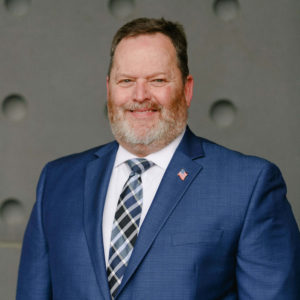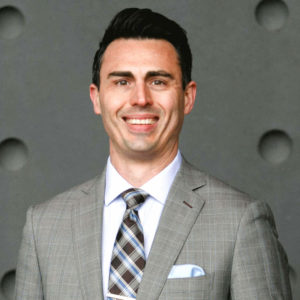
Artificial Intelligence In The Construction Industry On The Verge of Transformation
By Stan Bachman Attorney & Founding Member, Morefield Speicher Bachman, LC For a $10 trillion industry, technology remains a surprisingly small part of the construction business, especially when it comes to artificial intelligence (AI). Change is coming. According to a 2018 McKinsey & Company report, AI is gradually emerging in the construction industry with the possibility to upend the entire business. This is not just a solution in search of a problem. Because, it could dramatically help reduce cost and schedule overruns, lower job site injuries, and allow other entrants to pose significant challenges to established players. To be clear, AI isn’t going to show up as a one-size fits all solution in the near term. Adoption will take time. There are dozens of stakeholders that need to be part of an AI-based ecosystem. But, make no mistake, AI is coming to a construction firm near you. Already, parallel industries like manufacturing and transportation have begun to utilize AI. These industries – which have long-established relationships to construction – have discovered synergies and strengths by breaking down traditional barriers between each other. Today, they’re interacting more like ecosystems instead of separate silos. The construction industry will soon discover the same efficiencies. While the industry might be slow to adopt this model, the advantages are compelling enough to suggest that change is on the horizon. And, let’s not forget that well-established players are vulnerable to new entrants with radically different technologies and vision. Just look at the way Amazon grew from an online bookseller to the world’s largest retailer that now delivers groceries – and might soon move into the traditional pharmacy business. Where AI Could Be Applied In Construction – Planning and scheduling. – Predictive outcomes. – Supply chain optimization. – Robotics for prefab or modular construction. – Image recognition to improve safety. – Machine learning / deep learning algorithms could have a dramatic impact on improving quality control; claims management; maintaining talent; and maintaining a competitive edge in project bids by improving margins and cost analyses. ALICE Is Already Here Silicon Valley start-up, Alice Technologies, Inc. has created an AI-based assistant that focuses on tedious tasks like scheduling. Dubbed ALICE, it’s designed to alleviate the time-consuming number-crunching effort involved in project planning and management. Here’s how it works. A scheduler – along with subcontractors, architects, engineers, project managers – sets up the scope of the project with a rule set. It includes a range of variables like tasks, resources available, and calendars. Once all data and variables are established, ALICE creates scheduling scenarios within minutes – a task that has typically taken weeks. It also suggests the best scenarios and includes 4D and 3D models, Gantt charts and time-cost curves. Proof of ALICE’s effectiveness was demonstrated in a pilot project for Mortenson Construction. ALICE produced 22 strategies and cut the project schedule by 84 days. Other functions allow users to modify rule sets along the way in response to changes in the schedule, materials, and budget. For example, ALICE can suggest adding additional crews for a week or two and helping with crew utilization rates. Summary AI holds great promise for the construction industry. But, with the “new” comes disruption. Existing players could be upended by new, more nimble entrants with radically different approaches and technologies. And established players will have to adopt – and adapt – just to remain competitors in the game. Naturally, the legal implications of AI for the construction industry are just beginning. The legal field is closely watching these developments while developing legal strategies for its construction clients.





